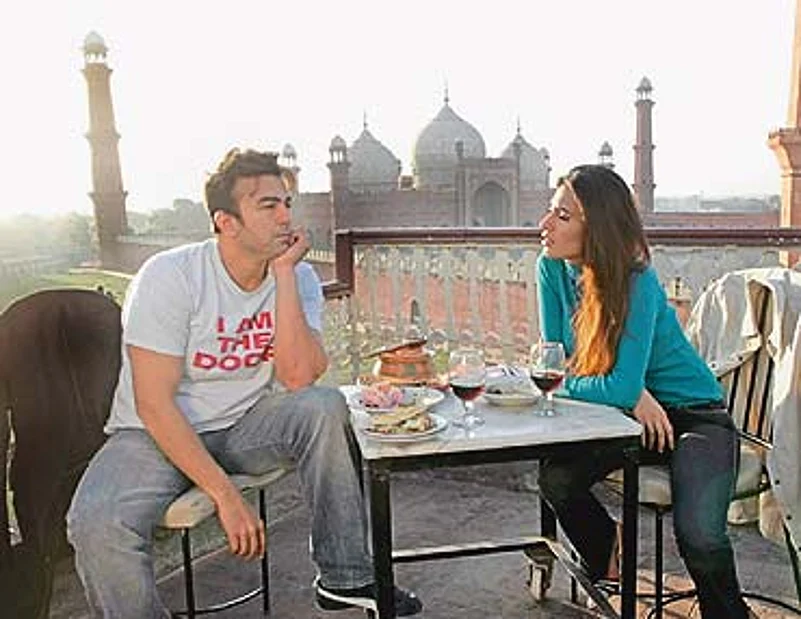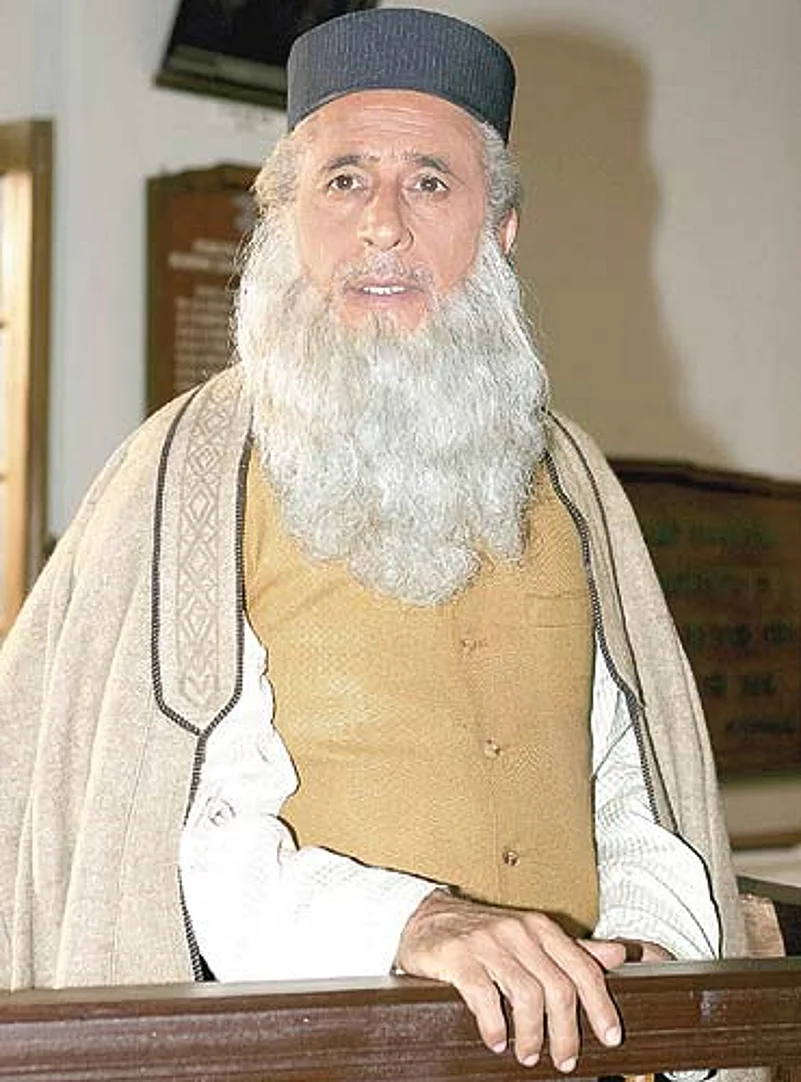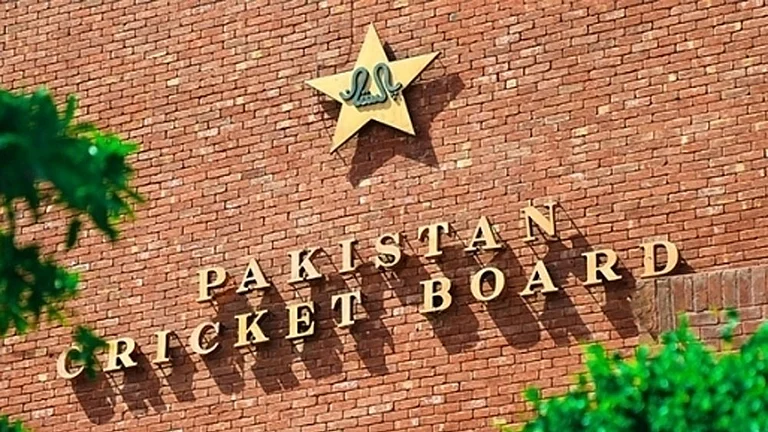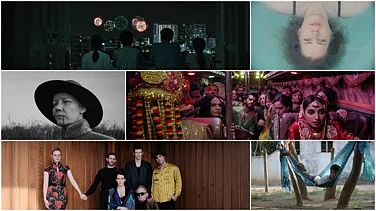
KKL traces the story of two musician brothers: Mansoor (Shan) and Sarmad (Fawad). Early in the film, Sarmad, under the influence of the radical Maulana Shershah (Rasheed Naz), gives up music, sports a beard, and tries to persuade his mother to wear the hijab. The brothers are visited by their London-based cousin, Maryam (Iman Ali), who wants to marry her English boyfriend. Her father is appalled that his grandchildren won't be Muslim, his hypocrisy underscored by the live-in relationship he himself has with a British woman in London.
As Sarmad obsesses about Islam, elder brother Mansoor flies to Chicago to study music. In the paranoia following 9/11, he is arrested and tortured in detention. He returns to Pakistan, a neurotic. Back home, Maryam's father persuades Sarmad that she must be prevented from marrying her British boyfriend. Sarmad takes her on a sojourn to Waziristan where Maulana Shershah keeps Maryam in captivity. Ultimately, she's coaxed into marrying Sarmad, who gets embroiled in a scuffle and kills a rival Afghan jehadi belonging to the anti-Taliban Northern Alliance.
Subsequently, Maryam petitions the court for annulling her marriage, claiming her consent was secured under duress; she also accuses her cousin-husband of raping her, and seeks custody of her child. Sarmad brings Maulana Shershah who testifies to having got the couple married, and during arguments articulates an extremely orthodox view of Islam. His rigid stance prompts the perturbed court to summon an enlightened maulana (Naseeruddin Shah) famous for his scholarly pursuits. He, however, turns down the summons, inspiring Maryam to visit him in the hope of persuading him to argue her case.

Enter Naseeruddin Shah, the broad-minded, music-loving maulana, whose house is adorned with canvases. Maryam sees him listening to a K.L. Saigal song even as he performs ablutions. Dialogue ensues on whether Islam proscribes listening to music; Naseer quotes from the Quran and Islamic traditions to justify his passion. He agrees to argue for Maryam in the court where he demolishes Shershah's arguments. Taking up the issue of Islamic dress, for instance, he says, "When Islam is for people of all continents, Alaska and Iceland included, how can God insist on a shalwar instead of jeans or pants? Islam mein dadhi hai lekin dadhi mein Islam nahin (The beard is a mere part of the faith, not the other way round)." And because it's Naseer in the role, you readily believe the maulana he plays. You trust him to be speaking the truth.
His arguments prompt Sarmad to recant and withdraw the case. But the radical maulana's followers beat him up for this, at the end of which he too, like his brother, becomes a vegetable. Two Pakistanis follow two different strands of Islam and each ends up as a victim. As Shoaib himself told Outlook, "The film is about the quandary Pakistanis find themselves in after 9/11. The modern Muslim is taunted by the fundamentalists for his outlook and Western attire and those living abroad are looked down upon as terrorists just because of their Muslim names."
At another level, KKL is also being seen as a cinematic counter to Vital Signs lead singer Junaid Jamshed's decision to quit singing and join the Tablighi Jamaat as a preacher. Junaid's transformation shocked Shoaib, who had managed Vital Signs since its inception in 1989. "It was my duty," Shoaib told Outlook, "to rectify the damage Jamshed had done to the already suffering society under the increasing influence of fundamentalist Islam."
Even intellectuals have been left impressed by the film. Says Dr Shaista Amjad, a professor of Islamic Studies, "The question that comes to mind after watching the movie is, does there really exist a fanatic Islam and a liberal Islam? Or is it just a difference of interpretation?"
There's one group, though, that is completely incensed by KKL: the radical maulanas. Maulana Saifullah Rabbani of the famous Jamia Binoria in Karachi moved the Sindh High Court against the Pakistan Film Censor Board and Shoaib Mansoor for "propagating and injecting anti-Islamic thoughts in the minds of innocent Muslims". Though the petition was admitted, the court didn't stay the release of the film.
Indeed, in the court of the people, KKL has already won spectacular approval. But as TV actor Rahat Kazmi says, even while affirming his appreciation, "the film is bound to widen the chasm between the liberals and the fundoos in our society."






















